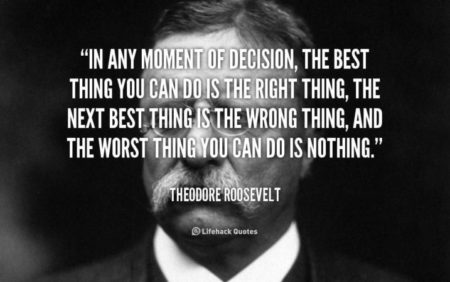No [tariff] duty should be permitted to stand as regards any industry unless the workers receive their full share of the benefits of that duty. In other words, there is no warrant for protection unless a legitimate share of the benefits get into the pay envelope of the wage-worker.
Acceptance Speech to the Progressive Party Convention, August 6, 1912
Reshoring manufacturing and vital supply chains after decades of neglect was always going to be a difficult process. This article is a good primer on how to do it and the kinds of issues that must be addressed to harden our economy against shocks like COVID-19. Trade agreements that prevent us from favoring local production may have to be abrogated and domestic policies that empower workers will be necessary to prevent the benefits from flowing primarily to Wall Street rather than workers. The article also proposes some radical changes in labor relations to achieve this goal, but minimizes or misses two other necessary policy changes.
We learned in the aftermath of FDR’s New Deal that protected industries can easily slide into anti-competitive practices that create monopolies. The article advocates direct regulation rather than reviving antitrust laws to prevent this, which was actually the approach TR took in his New Nationalism speech in 1913. However, the 2008 financial crisis showed us behind-the-scenes regulation can be captured and then neutered by the very industries it is trying to control. New and robust antitrust laws enforceable in the courts would add transparency to the process of controlling this market power.
The article also fails to mention the importance of education and training. As the author points out, the jobs of the future will require high-level technical skills to create the kind of superior products that command correspondingly high salaries. All levels of government should increase their support for the community colleges and quality vocational tech schools that will be required to provide the necessary training. In the end, our education system and employers will need to develop lifelong learning mechanisms to keep American workers competitive with the rest of the world’s workers.
Americans have the talent. They just need a government that will give them the skills and the opportunity to succeed.

